Microsoft plans to release Edge for iOS and Android
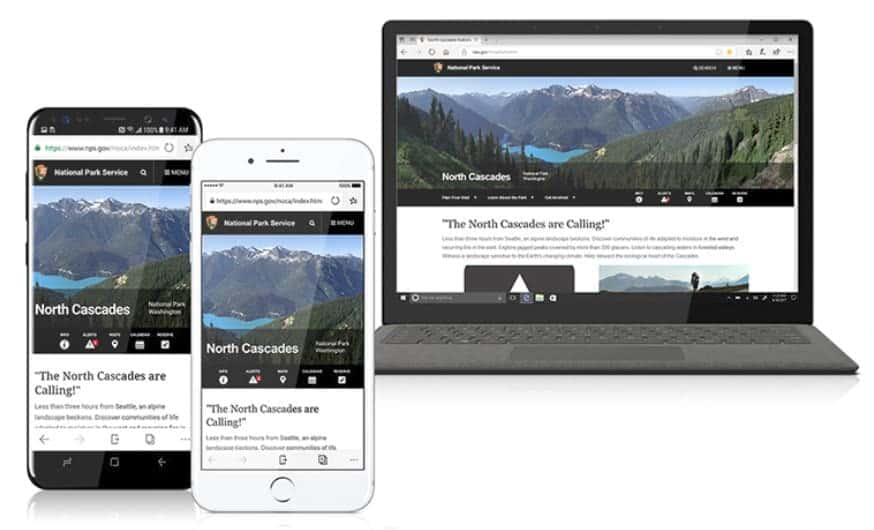
Microsoft announced plans today to release a version of the company's Microsoft Edge web browser for Apple's iOS and Google's Android operating system.
The release for Apple's iOS operating system seems to be available already, the Android release is still under development. Both releases are currently only available to Windows Insiders who run a copy of the Windows 10 Fall Creators Update on their machine.
All users may open the promotional page for Microsoft Edge for iOS and Android however.
Microsoft Edge Preview for iOS and Android

This is not the first time that Microsoft brought a web browser to a non-Windows operating system. The company released Internet Explorer for Mac many years ago, but stopped doing so after a while.
Microsoft Edge has been available for Windows 10 only up until now as well, and the release for Android and iOS means that versions of Microsoft Edge will land on non Microsoft operating systems and not on previous versions of Windows that Microsoft still supports.
It is interesting to note that Microsoft did not port Edge to the two mobile platforms. The iOS version is a re-skin of Apple's Safari web browser for iOS more or less. This is the only option to bring browsers to iOS as Apple has a set of restrictions in place that prevent different browsers from being ported to the operating system. This restriction affects other browser developers, Mozilla and Google, as well for instance.
Android does not have these restrictions, but Microsoft made the decision to use Google's Blink browsing engine for the port.
In short: both browsers use a different engine than Microsoft Edge on Windows 10. This begs the question: how much Edge is in the browser?
The promo page provides some details on what Edge for iOS and Android supports:
- Synchronization between Windows 10 PCs and mobile devices, including passwords, favorites, and tabs.
- Reading View as a readability option to focus on articles and do away with menus, ads and other undesirable elements when reading.
- Hub View to manage favorites, the reading list, history, and books.
- Built-in QR Code Reader.
- Voice Search support.
- InPrivate browsing mode.
Users who want to give it a go right now need to be signed up for the Windows Insider program. Those interested in the Android version can only enter an email address currently on the page to receive a notification when that version is available. Apple iOS users need to enter their name and Apple ID to get instructions by email from Apple on how to proceed with the installation of Edge on iOS.
Closing Words
Edge for mobile devices should make the browser more attractive to Windows 10 users who use Android or iOS devices, and want a browser that syncs between PC and mobile device. The move may irritate Microsoft customers who use previous Windows versions however, as Edge is still not -- and probably will never be -- available for these operating systems.
Now You: Will you give Edge on mobile a go?



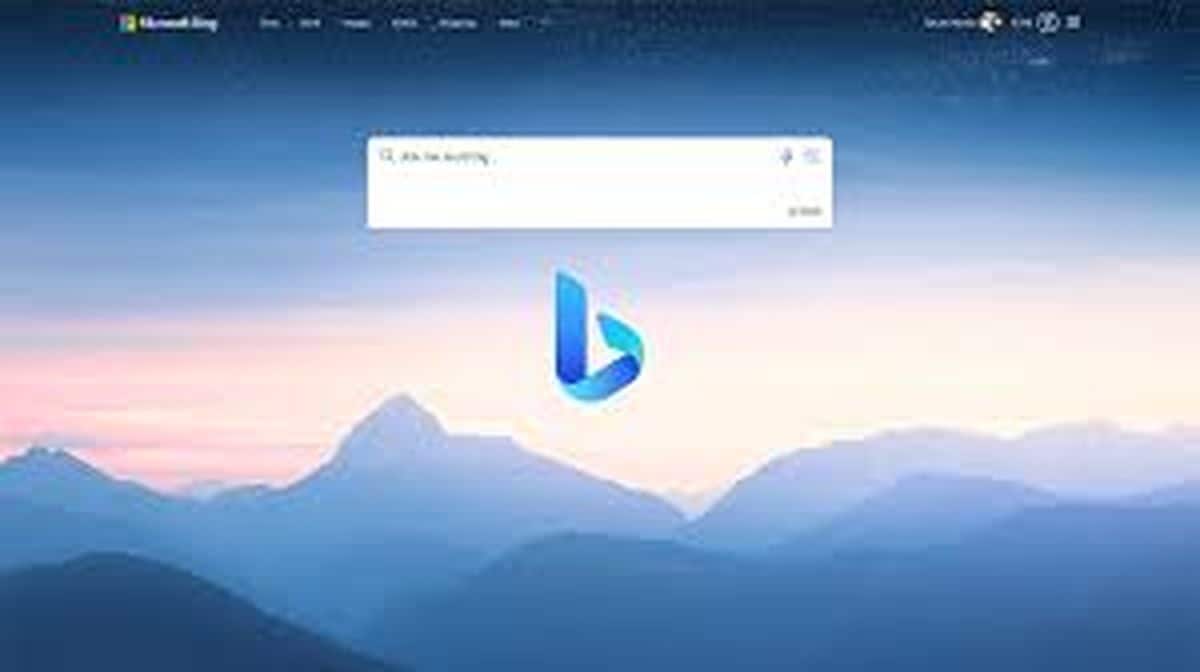
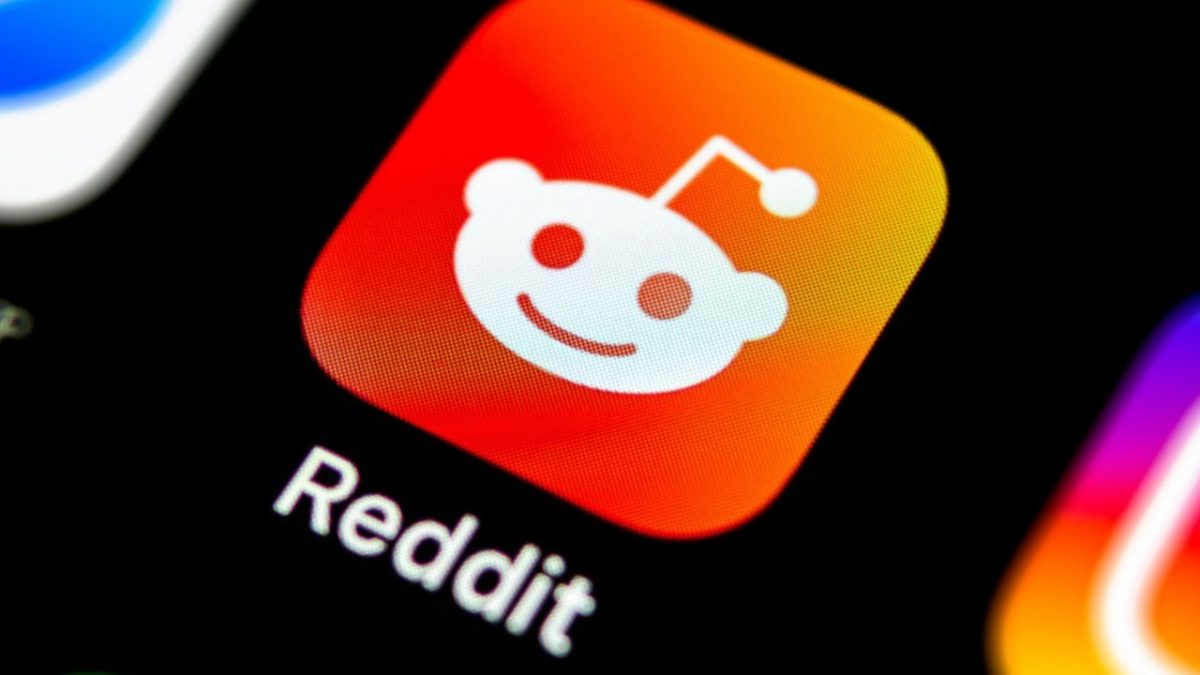

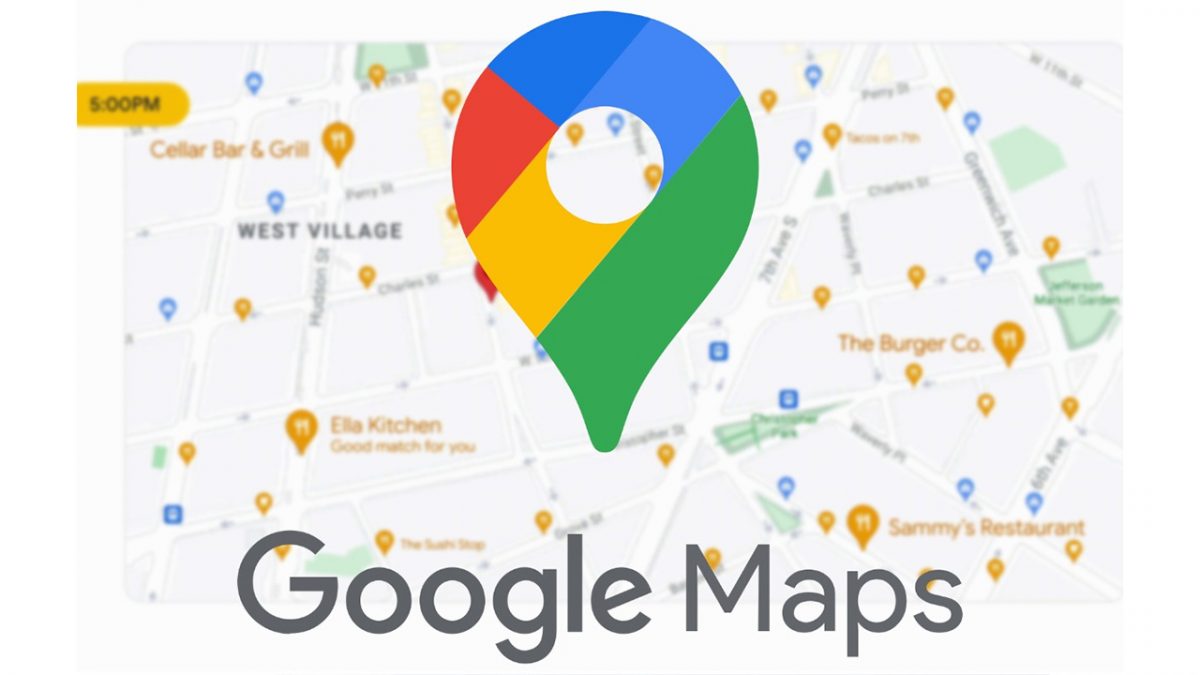

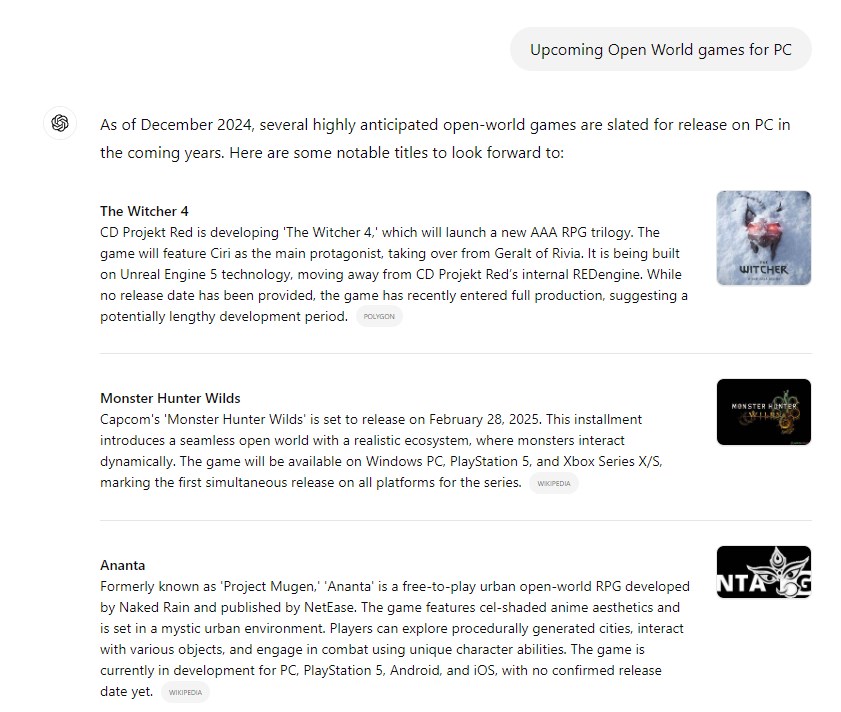








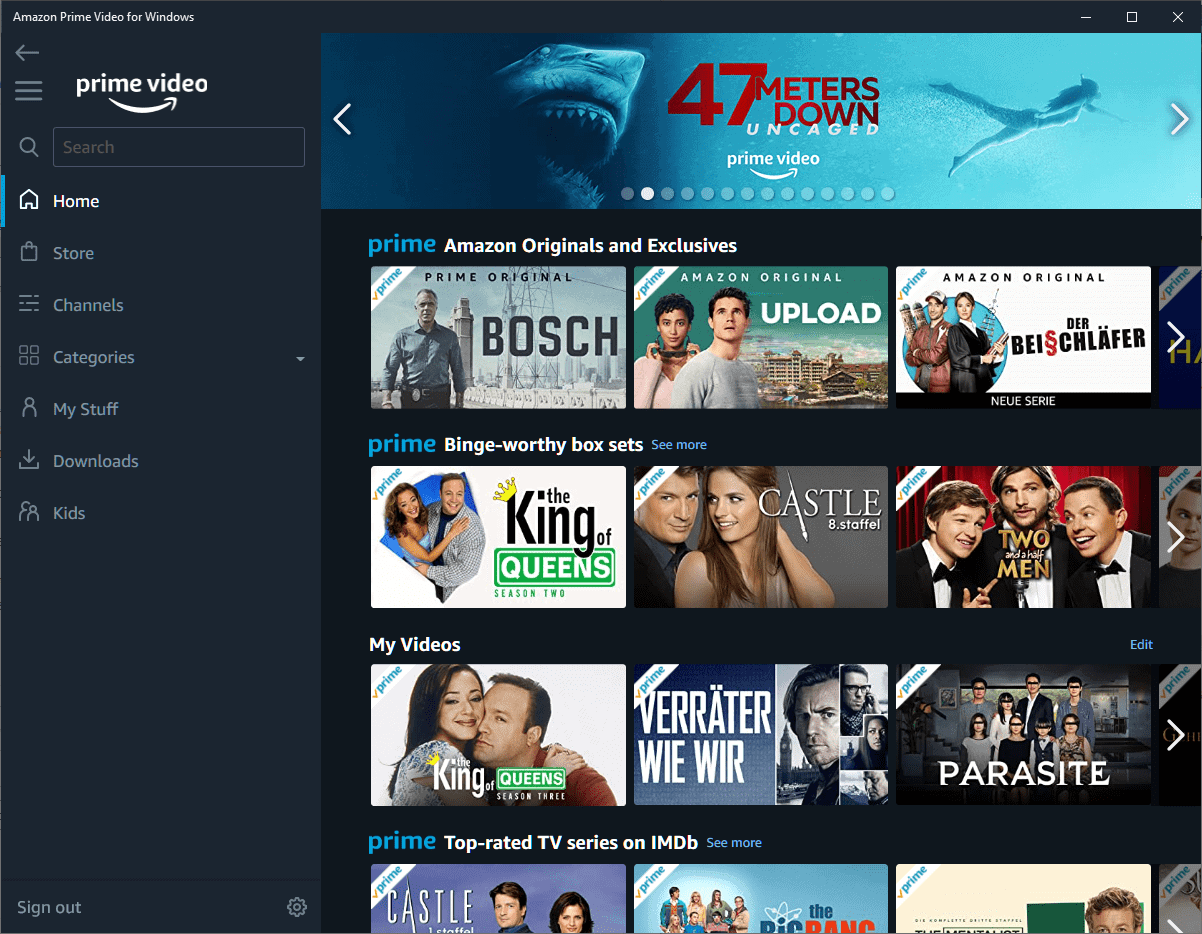

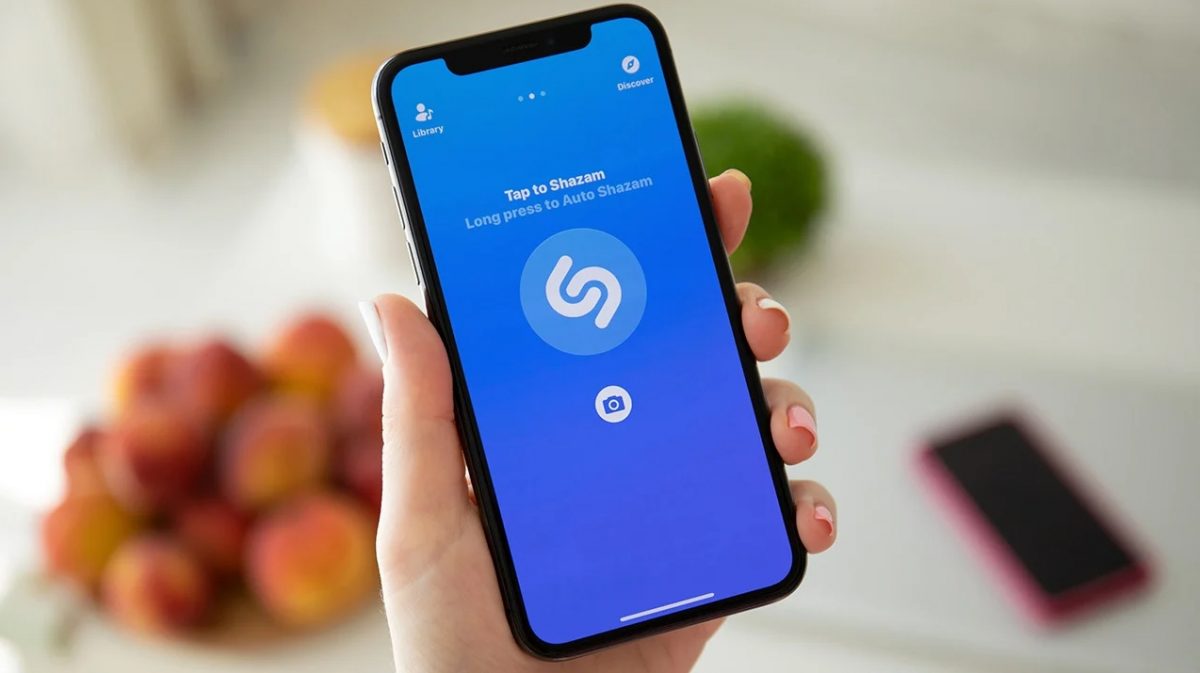



Woah! Another data miner. It’s a good thing I have side loaded Waterfox onto my Blackberry Priv.
It wouldn’t surprise me to learn that Bill Gates demanded that Microsoft make Edge work with the Android phone he switched to recently so that he doesn’t give away too many secrets to Google when using it.
And to do the same with the iPhone just in case he makes a move to that next.
In the next decade, MS will have a Linux system and call it Windows…
lol
Microsoft is so focused on what they need to do. /s I don’t know what the point is of this. I don’t think there is one. The company has no idea what it is doing and reminds me of a headless chicken, doing things just because it’s something different.
It is funny because one website described the move as part of the company’s “mobile strategy.” They don’t have a mobile OS. Their desktop OS is ruined and needs to be forced for people to use it. I don’t really see how bringing their own offerings to competitors platforms is a strategy. It almost feels like Microsoft wants to slap its name everywhere so that people will notice it. And maybe they will bring the Blink-based Edge browser to Windows within 5 years.
I think MS has pretty much given up on Windows and now tries to ruin it so badly that people will avoid it so that they can eventually EOL the whole Windows ecosystem. Wouldn’t be the first time a company ruins something on purpose just to get rid of it eventually…
I will definitely try it b/c there are only two different browser engine on Android being Blink (Chrome) and Gecko(Firefox). There used to be Opera, but now it uses blink.
Chrome is the current best android browser and everything else including ghostery, brave and opera are just Chrome repackaged. Firefox is my secondary browser and it has addon support including violentmonkey, but it is noticeably slower in contrast to its desktop version. If you use something like DNS66 you block ads android for all browsers.
Not a chance! Chrome is bad enough on Android…
Edge might run better on Android than Chrome. I plan on trying it, at least once, once it’s actually released.
That’ll work, I’m sure.
“Soon” – Microsoft
If it can’t block ads and popups or preferably extension support and therefore uBlock Origin, then there is no point in its existence or me using it.
Something tells me that with M$ releasing their applications on Android and iOS and not giving a damn for WP, maybe in the future they will launch their own Android Surface phone or whatever.
uBlock Origin works on Edge for Windows, so if they go the Firefox/Yandex route, they’ll allow extensions on the mobile version as well.
Firefox has the best extensions/add-ons platform on mobile (at least on Android is what I know), but the app itself is really slow and it’s pointless to use considering how slow it works and loads pages, even cached ones.
I don’t know how Yandex on Android works, but I know that Samsung Internet can use a separate app such as Adguard or Disconnect and Adguard also says it works with Yandex so I would assume it works the same way.
So yeah, unless they have adblock, I don’t know who will use their browser – it doesn’t have any features that make it stand out, the default Chrome, which is shoved down everyone’s throat, including me (except that I disable it and download something else that can block ads) is far better and those people that have Chrome will have no reason to use Edge. So that’s M$’ only chance, they better not blow it.
Microsoft is trying everything to alive edge.edge will surely flopped again on both platforms, there are plenty better option available like Firefox, dolphin, cm, uc, with attractive features. only feature for which people will try at once is sync.
Edge on iOS = WebKit engine wrapper
Edge on Android = Blink engine
lol
I don’t get it. Why would they create a whole new engine for Edge on Windows and then use the platform default on the mobile version? I mean: on iOS, I get it. But on Android, they could’ve ported their own engine. If they think that’s too much work, than why didn’t they use one of the many available engines on Windows?
Let’s hope that “Blink” Edge doesn’t grow much on Android, Blink already has more than enough market share and browsers using it.
Late to the party as always for MS ;-)
I might give it a look, but I doubt I will use Edge on mobile much. Brave has become my preferred browser on all my mobile devices due to the built-in adblock/tracking protection.
Still, this is a smart move on Microsoft’s part if for no other reason than it signals they are working to eliminate one of the biggest annoyances surround Edge for many users. That annoyance being the lack of sync ability.
While Microsoft may (probably will) harvest personal data from Android users, it won’t/can’t do that on an iOS device.
Exactly. ‘Cause Apple takes care of the data collecting on iOS for them.
I don’t think this is much of a data grab as it is a ‘get them in our ecosystem’ plan